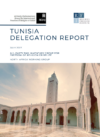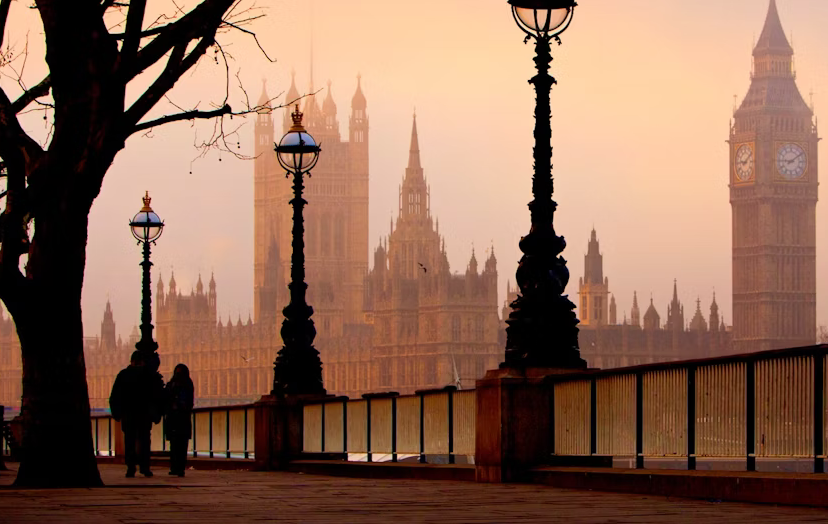This Cornerstone Series invites experts, advocates, and analysts to expound on the implications of Tunisia’s new constitution for citizens as well as the stability and security of the country and the region.
The July 25 constitutional referendum passed with more than 92% of the vote — but the preliminary voter turnout was 27.5% as some opposition parties boycotted the vote. The new constitution was drafted in what critics describe as a “closed-door” process influenced largely by President Saied with limited consultation with civil society groups or political parties. The new constitution expands the powers of the president and reduces the authority of both the parliament and judiciary. Freedom of belief, opinion, and publication remain protected. The rights afforded to Tunisians in the constitution can only be restricted “by virtue of law and for the necessity of national defense or public security.” The constitution states Tunisia belongs “to the Islamic Ummah” and mandates the state to achieve “the goals of pure Islam in preserving [people’s] souls, money, religion and freedom.”
Since his election in 2019, President Saied has sought to demonstrate strong leadership in response to a deepening socio-economic crisis and instability. On July 25, 2021 — exactly one year prior to the referendum — President Saied suspended the parliament and claimed executive control over the government, citing emergency powers afforded to him in the constitution. Some Tunisians welcomed the strong show of leadership as a necessary action to stabilize the country. Others claimed President Saied reinstated the very dictatorial and authoritarian control overthrown through the Arab Spring in 2011.
Contributors to the series include civil society advocates, legal and policy experts, and scholars of Islam and governance.
-

RFI Announces Joint Report with UK Officials on Religious Freedom in Tunisia
-

Tunisia Delegation Report
-

Implications of Tunisia’s New Constitution on Religious Freedom, Associated Rights & Governance
-

Islam in the Constitutions of Modern Arab States: the Case of Tunisia
-

Implications of the Role of Religion in Tunisia’s New Constitution for Non-Muslims Movement in Tunisia
THE RFI BLOG

Religious Freedom Is Back on the UK’s Agenda

Be More Faithful, Become More Resilient: An Invitation to Religious Institutions

How Soccer Reveals Different Meanings Of ‘Secular’ In France And The US

RFI’s Ismail Royer Meets with Delegation from India

Protecting the Unborn, Mothers, and Medical Ethics: The Stakes of Arkansas’ Amendment
CORNERSTONE FORUM

Public Bioethics & the Failure of Expressive Individualism

Religious Liberty in American Higher Education

Scotland’s Kate Forbes and the March of Secularism

70 Years of Religious Freedom in Sweden: Prospects and Challenges

